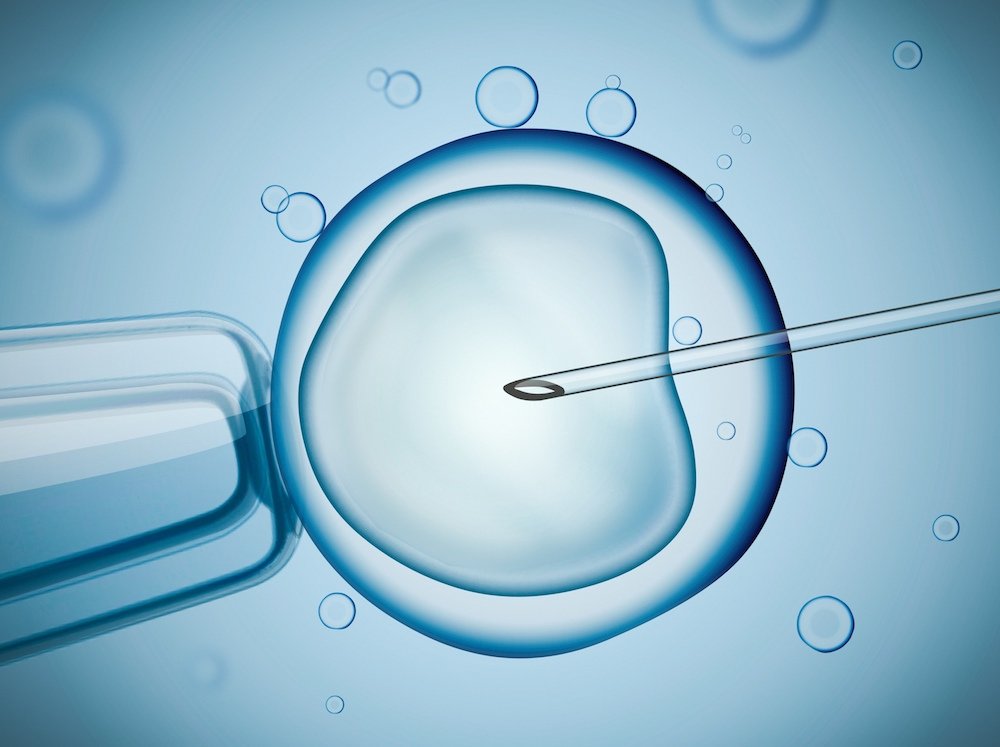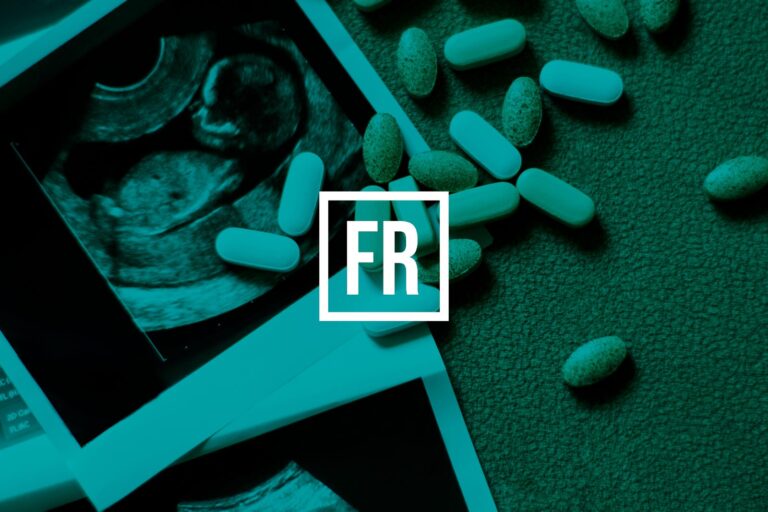ICSI and IVF treatments are universally offered by clinics and are accessible by single patients as well as those in same-sex relationships. Our IVF experts respond to your questions about preparing for an ICSI or IVF treatment, what to expect and the chances of success.
IVF ICSI what you should know
What is the key difference between IVF and ICSI is the first question patients ask and the answer is a relatively simple one. The difference between IVF and ICSI rests upon where fertilisation takes place. In IVF treatments the egg and sperm are brought together to fertilise in a laboratory whilst in an ICSI procedure, fertilisation sperm is directly injected into the egg.
What is IVF?
The IVF process is the most recognised of all assisted reproduction treatments and was first successfully undertaken over 40 years ago. The IVF process begins with an egg or eggs being removed from a woman’s ovaries and then being fertilised by sperm in a laboratory. When fertilisation is in the early stages of development, the resulting embryo is transferred back to the woman’s womb to grow.
The IVF process can benefit a woman using her own eggs and the sperm of a partner or it could take many other forms. These include the use of an egg, eggs or sperm obtained from a donor.
IVF can be used to address a wide variety of issues such as blocked or damaged fallopian tubes, older women who require more invasive treatment, patients experiencing unexplained fertility issues, men with sperm issues and those where other treatments have been unsuccessful. It can be undertaken to benefit single patients, same-sex couples as well as heterosexual couples.
What is ICSI?
The ICSI process has revolutionised the ability of men affected by male factor infertility to become a genetic parent. The capacity of the sperm to penetrate an egg is no longer the vital element it once was and has been negated to a certain extent by the ability of the injection technique to bypass this step. The ICSI process can be used with a woman using her own eggs or when a gamete has been donated.
ICSI can be used in a number of circumstances including, when there is a significant quality or motility issues with sperm (involving numbers of viable sperm, abnormal shaped sperm or sperm with limited mobility). ICSI can also be a viable option when no or very few eggs have been fertilised during previous IVF procedures.
ICSI is widely used in most European IVF clinics abroad – as a standard – “included in package” technique.
IVF – The Process
IVF treatments represent a complex set of procedures and each of these procedures has the capacity to affect its success. If you receive a preliminary diagnosis which suggests that non-invasive treatment is unlikely to be successful IVF would be your next consideration. Depending on the specific treatment you require and the country in which it is to be undertaken you will be asked to prepare for the procedure(s).
You and any partner may be asked to undergo some preliminary scans and tests to ascertain the health and viability of ovaries and sperm and the clinic of your choice might recommend a counselling service or alternative therapies prior to the procedure such as acupuncture or reflexology.
The different stages of IVF treatment are:
- ovarian stimulation,
- sperm retrieval,
- egg retrieval,
- fertilization of oocytes
- and embryo transfer.
One cycle, the completion of all these stages can take up to four weeks.
In the first stage hormones are given to stimulate the ovaries to produce multiple eggs. Alongside this procedure a number of medication may be used to ensure that the eggs mature and that your body doesn’t release any eggs too soon. You might also be advised to take medication that will help the uterus to be more receptive during the implantation process.
A process to retrieve the eggs is then undertaken after the final hormone injection and before ovulation. A sperm sample will also be provided by any partner on the day of the egg retrieval unless donor sperm is being used.
Fertilisation is then attempted using the ICSI method or conventional insemination in the laboratory and if this is successful an embryo transfer is undertaken up to five days after the retrieval process.
The final stage of the process will be undertaken around two weeks after the embryo transfer when you will be asked to take a pregnancy test which will determine whether the treatment has been successful.
Preparing for IVF
IVF success rates depend upon a number of factors including the patient’s age, their fertility and general health and the provider who undertakes the treatment. Whilst there is nothing you can do about a ticking biological clock there are a number of lifestyle activities that can be undertaken to ensure that you and your body are ready for the IVF process which can be demanding both physically and mentally.
Take time before any IVF procedure to ensure your health is at its optimum. This can be achieved by considering any of the following success tips,
- A good balanced diet
- Don’t smoke or drink alcohol
- Reduce your caffeine intake
- Consider taking vitamin and fertility supplements
- Consider relaxing therapies and activities
Alternatives to IVF
IVF treatment is not for everyone. Many patients point to an over reliance on medication, relatively low success rates and the cost of the procedure as reasons for them not to consider IVF. There are, however, a number of less invasive options to IVF.
Many fertility problems experienced by women are due to hormone imbalances. These imbalances can sometimes be addressed through the use of controlled ovarian stimulation medications. These medications can reimpose regularity and predictability to cycles which can improve the chances of conception.
Secondly a number of articles in this section consider the use of the intrauterine insemination method (IUI), which is less invasive and involves the injection of sperm directly into the uterus.
For some women alternative surgery is an option prior to IVF. Some women may learn that that it is specific cysts, fibroids, adhesions which are preventing them from getting pregnant. In these cases it might be possible to have these removed which in turn may significantly increase the chances of a natural conception.
IVF or ICSI?
In terms of evaluating their individual success rates the two procedures remain fairly close. If we take a look at procedures offered by IVF clinics in different countries and taking into consideration the ages of patients who undergo the treatments the difference between the two is relatively small.
The choice is ultimately down to the individual and you can work with your fertility consultant to consider the most appropriate treatment taking into account your age, health and fertility history.




